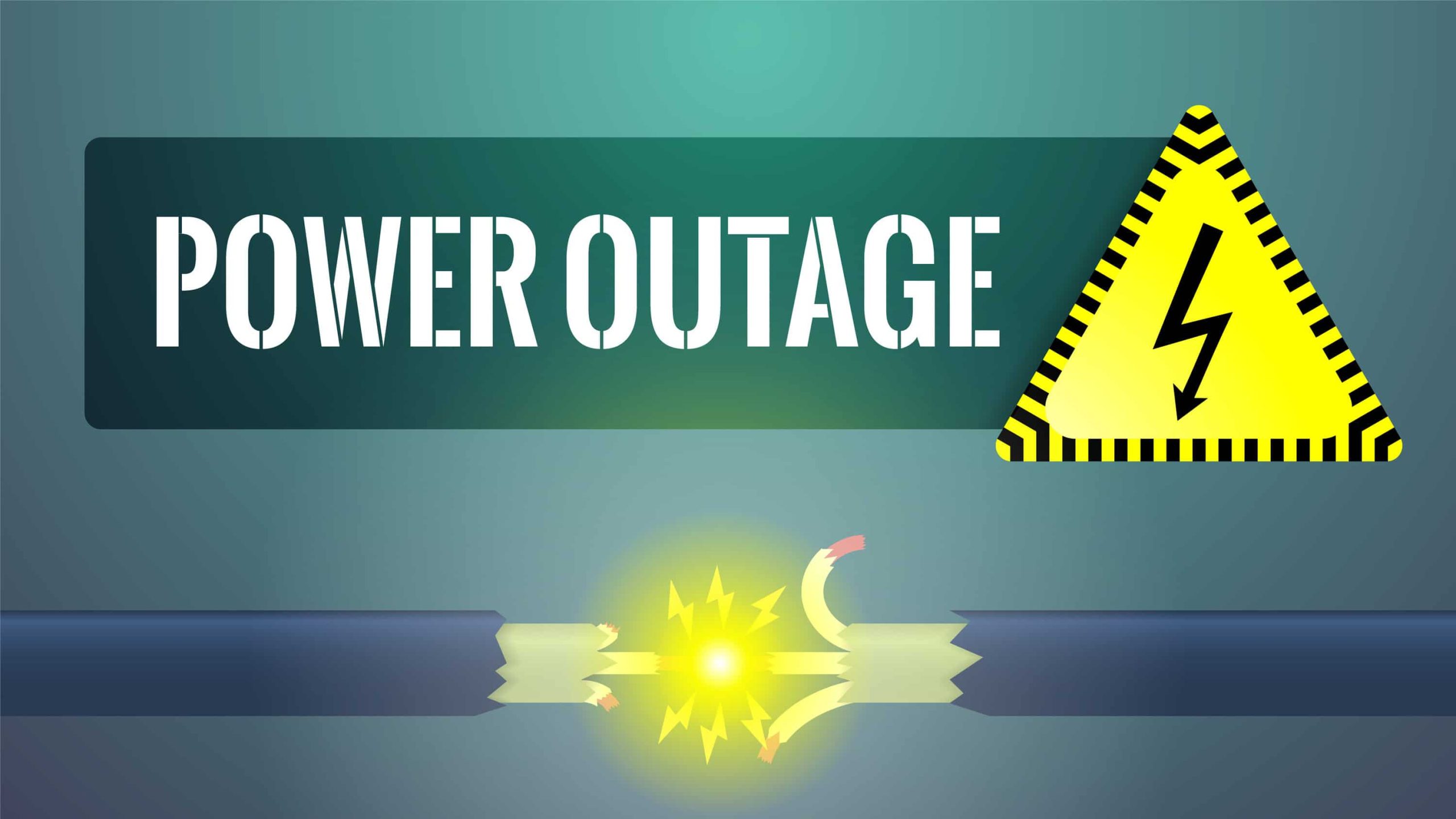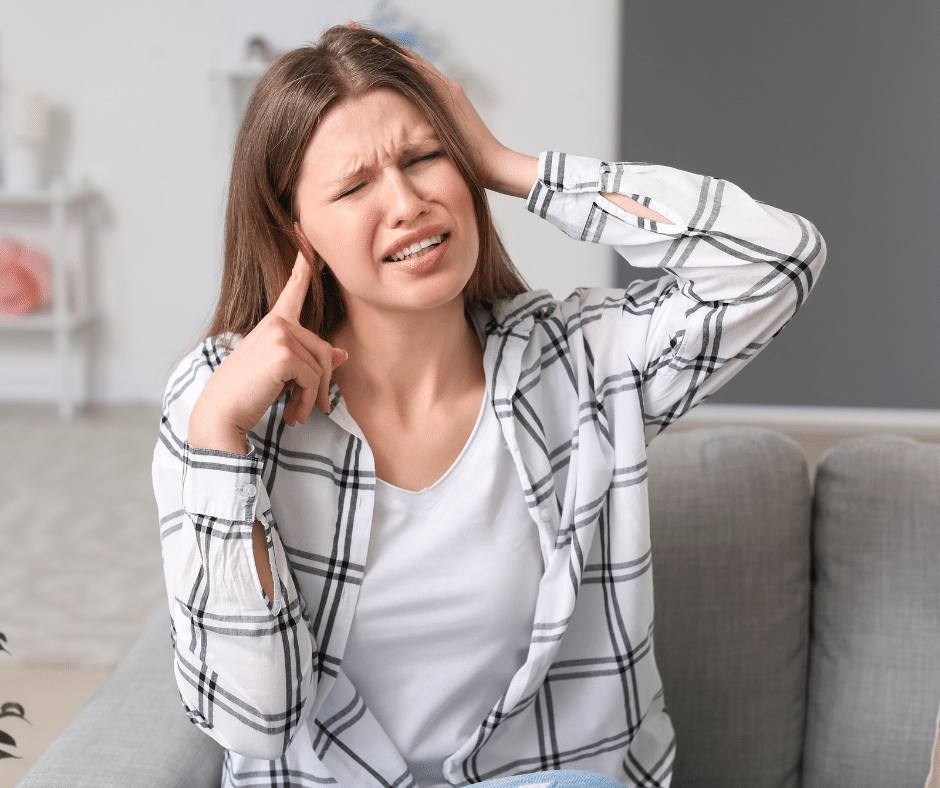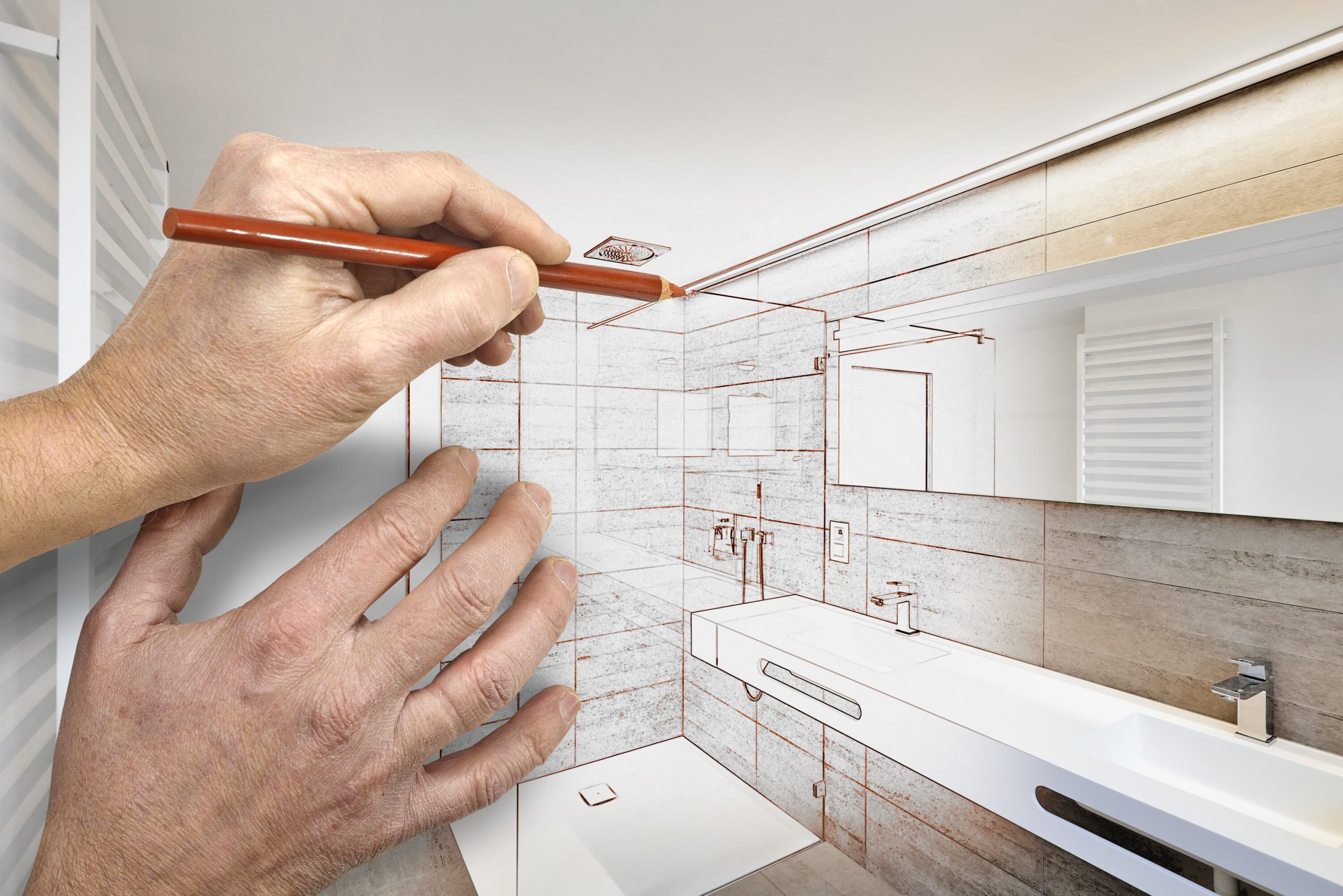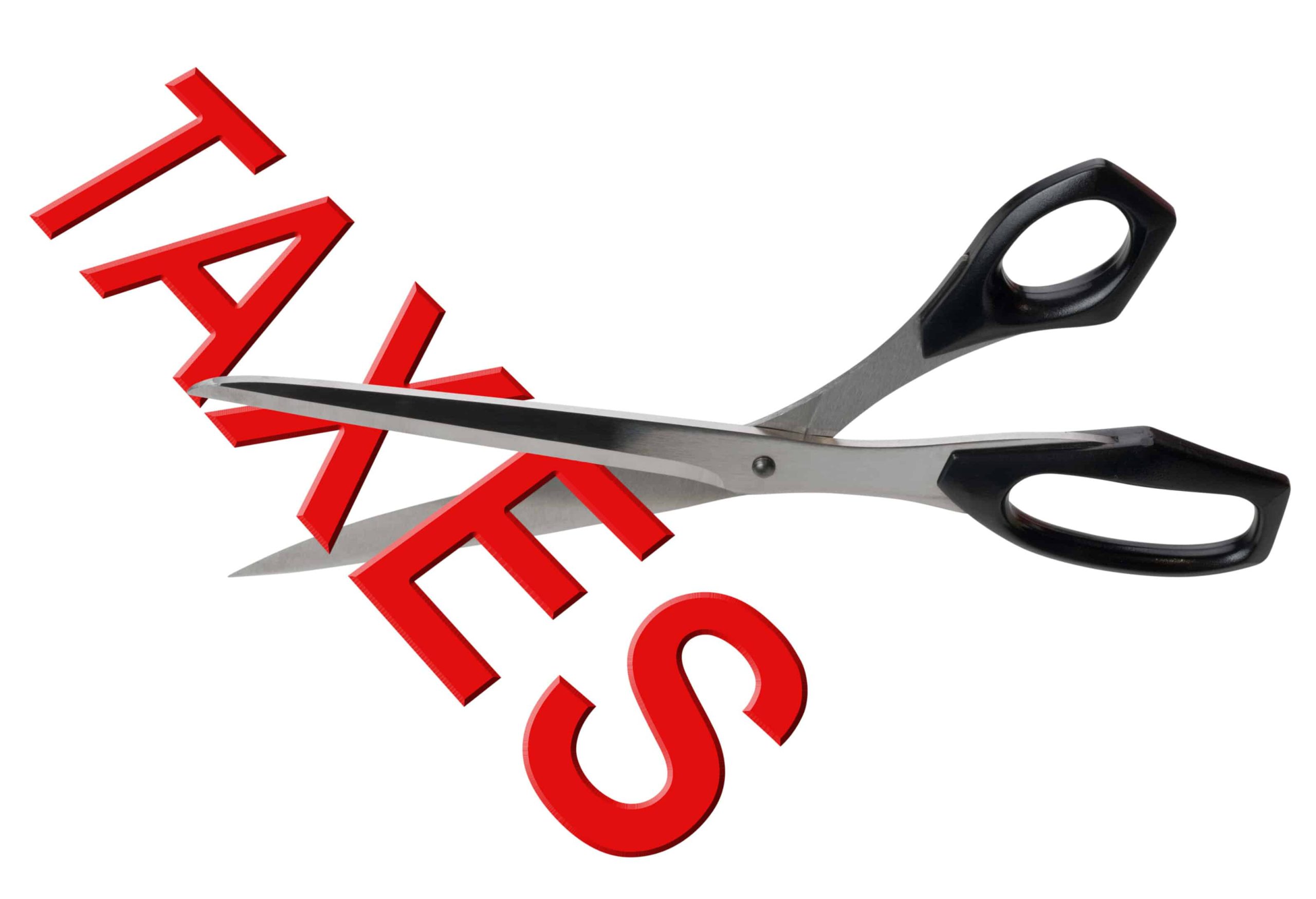
Your HVAC Unit: Protecting Against Power Outages
It’s summertime, and the living is easy! Or at least, it feels easy for those of us who have our favorite creature comforts to help keep cool. The kids can play in the sprinklers, the neighbors can rest in the shade of their porch, and you have your nice, cool home thanks to your air conditioner. But what do you do when summer weather causes a power outage? What about protecting against power outages?
A Heating, Ventilation, and Air Conditioning (HVAC) system works round-the-clock to make sure your home is comfortable by maintaining a balance of temperature, humidity, and air flow. Like so many other modern amenities, it relies on a steady power source to function. While no one wants to think about spending an extended amount of time without their air conditioner working, it is always best to be prepared so that you can approach such a situation with a plan of action.
SEE ALSO: Most Common Air Conditioner Problems
Who Turned Off the Lights?
Power disruptions happen for many different reasons. For example, storms or accidents can physically damage substations and power lines. These causes are unpredictable and rely on local power company services to be dispatched so any damaged equipment can be removed and repaired. This type of damage can leave you without power for a few minutes or hours, or you could be waiting weeks if your area took extensive damage.
Reducing Power Loads with Brownouts
However, some power outages are planned. Power providers typically plan events called “brownouts”. These help reduce the load on a power system. A brownout is when a power provider reduces the voltage to help ease the workload of the power system during times of high demand. Brownouts are done in an attempt to prevent blackouts, which are unplanned power system failures where power is lost and cannot be provided to consumers until the system is brought back online. Some power providers must enact “rolling brownouts” where planned brownouts occur in a planned pattern through an area. This helps spread the effect of a brownout equally, making the time spent in the brownout less as it rolls from one area to another.
Brownouts are an attempt to minimize damage to a power system at large, but the initial drop in voltage, as well as the step-up as it returns to full power, risks harming some household appliances. HVAC systems can suffer damage as changes in voltage negatively affect parts of the air conditioning unit, like the condenser motor. Many parts within an air conditioning unit are meant to work within a certain range of voltage. This means changes to that range may cause harm to the individual part or the unit as a whole. If your unit no longer turns on or cycles as it has been programmed to do, or the unit is blowing hot air into your home instead of cool air, it may have been damaged in the brownout.
Protect Your Power Sources
Protecting your power sources against power outages give you the best chance of enjoying cool air once the power returns. Surge protectors, much like the ones you use for a computer, are available for installation with an HVAC system. A surge protector is like a bodyguard for electronics and will “take the hit,” so to speak, if your home deals with a sudden increase in voltage. If you need to protect your home against lightning, you can install a special whole-house surge protector. This controls the voltage as it enters your home and can be useful, especially if you live in an area that experiences a lot of thunderstorms.
A phase monitor is another device that ensures your air conditioner safely withstands changes in voltage. Phase monitors can work in conjunction with surge protectors and help manage step ups and step downs in voltage, reducing any risk of harm to your HVAC system.
Patience is Key
While prevention is best, there are a few things you can do to help protect your HVAC system during a brownout or power outage:
- Turn your air conditioning unit off while the power is still off. You can do this at your thermostat. Your air conditioning unit won’t immediately kick back on as soon as power returns, which can further tax the power system as it tries to recover.
- Check the air conditioner’s breaker and make sure it has not been tripped. You may need to reset it.
- Wait before you turn your air conditioner back on. This may be the hardest part of the process as you sit in the rising heat of your home, but it is crucial. This can help the internal circuitry and motors of the unit reset properly and be ready for when power returns.
- After twenty to thirty minutes, turn your air conditioner back on. If you find your unit is blowing hot air, making strange noises, or refuses to turn on, then you may need to contact a local, licensed HVAC service provider for further assistance.
Protect Your HVAC
Remember that you have the power even when your household doesn’t. A few proactive steps can help with protecting against power outages. Don’t forget to be patient when it comes to getting your air conditioner back online. With a good plan and an ounce of prevention, you’ll find that power outages are nothing to sweat about.


